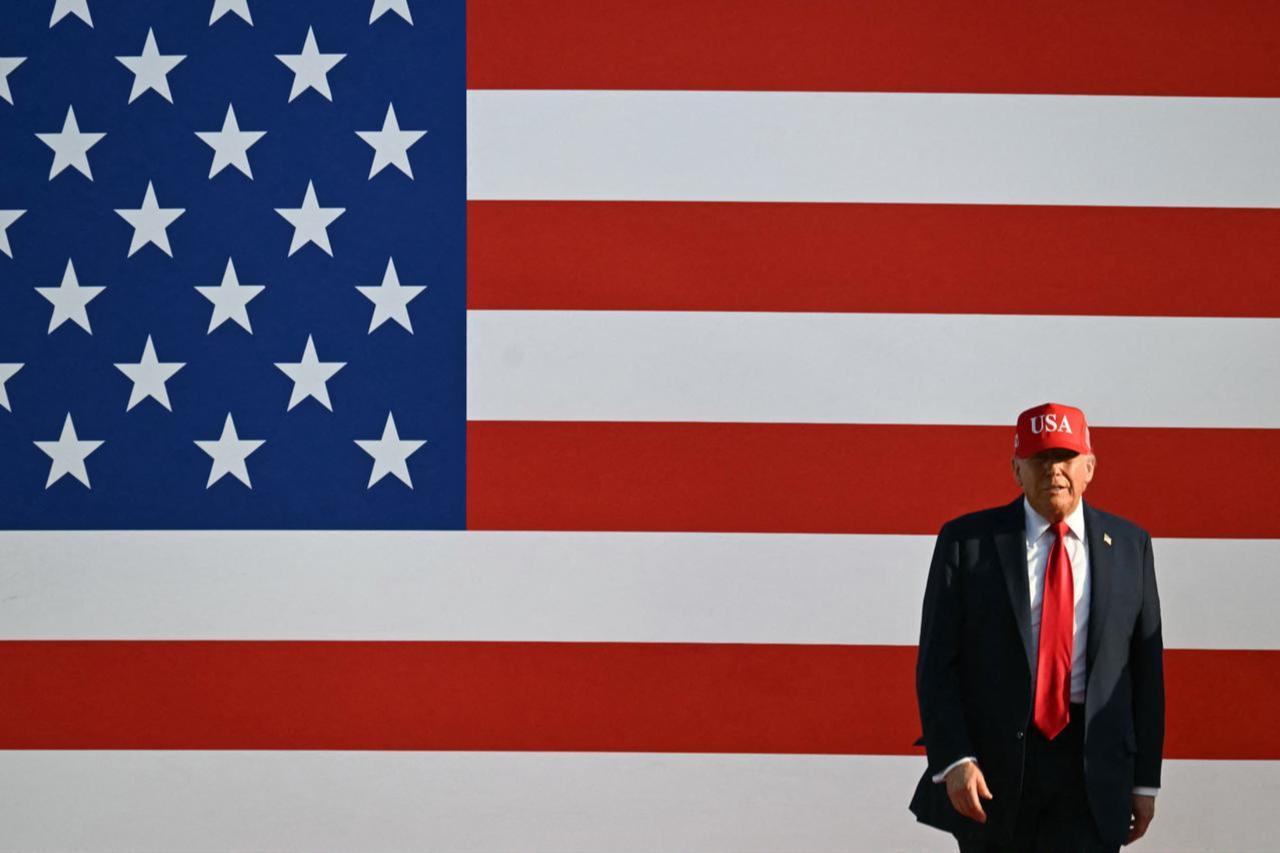
One can consider the debates at NatCon2025, especially those on foreign policy, as valuable windows of opportunity for Türkiye.
For those who often highlight the lack of pro-Turkish lobbying in the United States, a new and dynamic intellectual current and elite circle is now on the rise.
Building ties with this group could open new avenues for Türkiye’s policies in the Middle East and beyond. This approach, which seeks a balance in strategy against Israel, echoes arguments long advanced by several intellectuals.
The striking factor is that the circle is consolidating as a faction within the Republican Party with the ambition of becoming the party’s dominant force in the upcoming 2028 elections.
For Türkiye, engaging with this faction could align with its efforts to construct a new normalization process in Syria, to support regional integration initiatives, and to reduce interventionism.
NatCon refers to the conferences organized since 2019 by the Edmund Burke Foundation, under the leadership of Israeli scholar Yoram Hazony and Christopher Demuth.
The movement emphasizes sovereign nations, public religion, strong but limited national government, family policy, immigration control, economic nationalism, industrialization and skepticism toward supranational bodies.
At present, the strongest political embodiment of these ideas is Donald J. Trump. Yet the geopolitical divisions within the Republican Party were once again on display at the NatCon2025 conference.
The core debate centers on Israel’s wars in the Middle East and U.S. policy: should Washington attach conditions to its support for Israel, or is Tel Aviv’s security so integral to American strategy that intervention is justified without hesitation?
The gap between these two camps is wide, and NatCon2025 made this evident once again.
The significance of this split within the conservative movement lies in its implications for the Republican Party’s future in the post-Trump era.
At NatCon2025, the debate came to the fore in an exchange between staunch pro-Israel advocate Max Abrahms and Curt Mills, a leading intellectual voice of the MAGA (Make America Great Again) movement and editor at The American Conservative.
Mills argued that Israel’s wars are not Washington's business. He made his point clear: Why should "America First" mean everywhere except when it comes to Israel? In short, the special relationship between Israel and the United States is constantly being questioned by the MAGA camp.
Mills is not alone in this: Steve Bannon, Trump’s first-term national security advisor and a leading ideologue, has also described NatCon as a new kind of “neo-connish” project.
This is, in fact, an early sign of a division that is likely to deepen. And it is not a debate confined to the United States alone. Shifts in Israel’s political agenda and the emergence of new leaders will not only reshape regional strategy but may also compel American conservatives to reassess their own positions.
For now, however, Israel’s core ideological axis is moving steadily toward religious Zionism. This trend is marked by a refusal to compromise and a political culture that pushes the two-state solution further into the background.
NatCon2025 is significant as it highlights the tendency of the movement’s ideological posture to fracture along geopolitical lines.
The split between the realist, restraint-oriented camp represented by Mills and the interventionist, traditionally pro-Israel camp represented by Abrahms has so far failed to chart meaningful or practical courses for U.S. domestic politics.
More than that, the geopolitics-centered divide is producing polarization within the bureaucratic ranks, and as foreign policy sensitivities heighten, it is fostering a kind of myopia toward domestic political challenges in the U.S.
From Türkiye’s perspective, it is safe to say that a political faction is emerging within Trump’s circle with which Ankara might build alliances amid rising tensions with Israel.
However, it remains uncertain whether this faction can align with Türkiye’s medium- and long-term national interests.
An isolationist outlook—marked by skepticism toward the U.S. role that Türkiye may need at times—could itself become a source of problems.